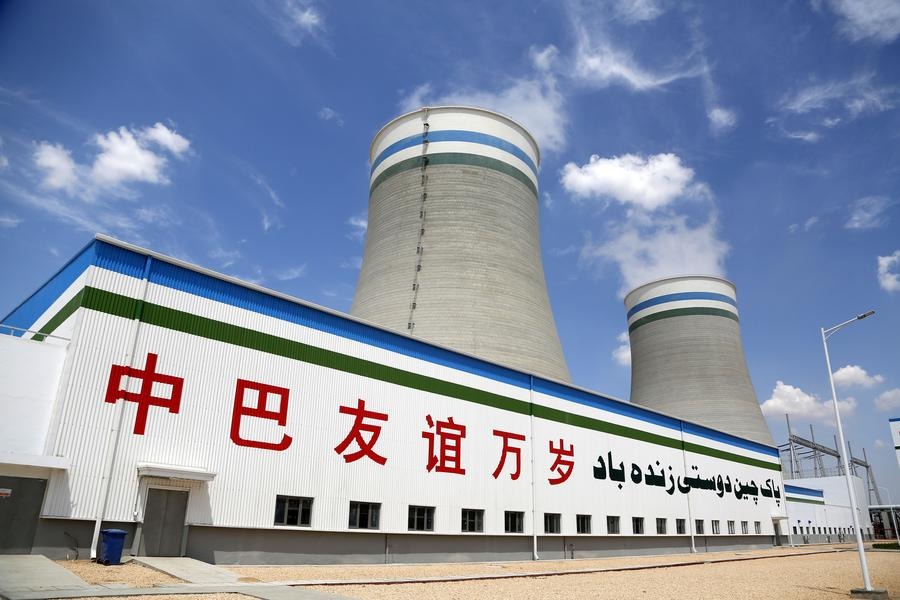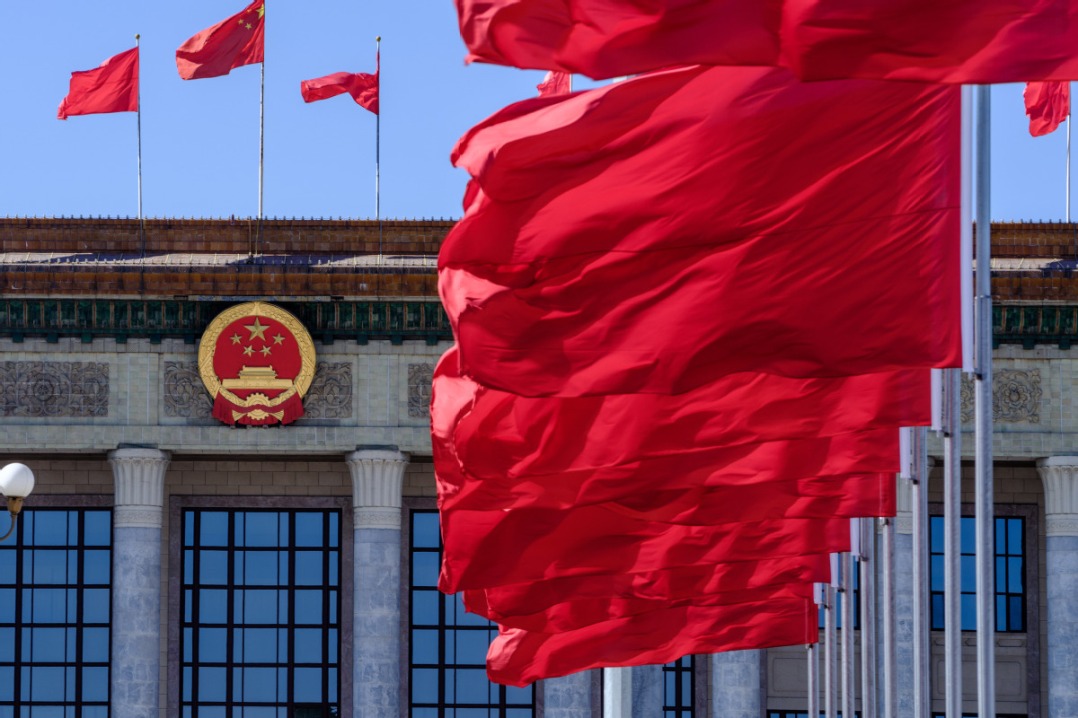Remake, remodel


Europe and China should rethink their approach to each other to reset relations on a cooperative track
The conclusion of the negotiations on a Comprehensive Agreement on Investment by Chinese and European leaders in 2020 was arguably the apex of relations between the second- and the third-largest economies of the world. The well-balanced agreement would have given investors from both sides better access to each other's markets. It was regrettably not ratified due to mutual sanctions that were announced only three months later.
Since then, the relationship between China and the European Union has deteriorated. Both partners stress the security risks of trade more than its advantages. The EU adopted several trade protection measures that are ostensibly directed at all countries, but in reality, mostly target China. China announced it was further opening up but has at the same time highlighted self-sufficiency as a national economic security strategy.
Talk by European politicians about "de-risking" is now common, and the European Commission has imposed provisional duties on imports of electric vehicles from China. It is, therefore, no surprise that China is no longer the most important partner for trade in goods for Germany, Europe's largest economy, after eight consecutive years. At the same time, German investment in China rose to a record high in 2023 and continues to surge in 2024.
Recent developments in the security area give pause for thought. Operations by the navies of EU member states such as Germany, France and the Netherlands in the Pacific raise eyebrows in China. Similarly, operations by the Chinese Navy in the Baltic Sea and the joint training of Chinese with Belarusian troops a stone's throw from the EU border are viewed with a wary eye in Europe. While in line with international law, these actions appear unhelpful for their relations.
The main reason for the poor state of relations is however the Ukraine crisis. The expansion of NATO after the dissolution of the Warsaw Pact appears unwarranted from China's vantage point. Europeans, in turn, are wary of the close relations between China and Russia.
It is to be welcomed that China has recently intensified its diplomacy aimed at solving the crisis. Since March 2024, China's special envoy for Eurasian affairs has undertaken three rounds of shuttle diplomacy with states including Russia, Ukraine, EU members and countries of the Global South. There have also been talks by Chinese Foreign Minister Wang Yi with both his Ukrainian and Russian counterparts. These initiatives should be followed up.
The run-up to the inauguration of a new European Commission in November — just a few days before the US presidential election — is an opportune moment to rethink some of the approaches that are guiding the EU's policies toward China. At the same time, this period should be used by China to refocus its policy vis-a-vis Europe.
First, mutual sanctions should be lifted. This could give new momentum to the ratification of the Comprehensive Agreement on Investment. This and the renewal of negotiations on investment protection and investment dispute settlement could give a much-needed boost to both the European and Chinese economies.
Second, Europe and China should coordinate closer to find a resolution to the Ukraine crisis. The recent exchange of prisoners between Russia and Western countries has shown that negotiations with Moscow are possible even under difficult circumstances. Proposals should be based on the Five Principles of Peaceful Coexistence and focus on dialogue, humanitarian assistance and opposing the use of nuclear weapons. The next step should be an international peace conference recognized by both Russia and Ukraine. This should in turn lead to a solution under which all troops are withdrawn from the territory of the opponent, the internationally agreed borders of both Russia and Ukraine are restored and an appropriate guarantee against future violations is put in place.
The winding-up of the Joe Biden administration is an opportunity for European countries to check whether the division of the world into democratic and authoritarian states propagated by it is really in their interest. It obviously does not suit the complex realities of the international order and alienated many countries of the Global South.
Criticism directed at Chinese successes in international trade should be downgraded. In particular, Germany, which rightly prides itself of its strong export sector, should know better than to blame China for alleged "overcapacities" as it increasingly exports technologically advanced goods. China, the world leader in manufacturing, should in turn respond to concerns about its extraordinary market power.
All states should adhere to the well-established one-China policy. German politicians in particular should understand China's eventual goal of reunification. For Europeans, any solution to the issues between the Chinese mainland and Taiwan should be peaceful and based on the consent of the people on both sides of the Strait.
After the 10th anniversary of the Belt and Road Initiative, it is high time that European nations seek constructive engagement with it rather than attempt to establish parallel initiatives. Encouraging proposals for triangular cooperation between Europe, China and African nations have been made in the past; they should be followed up on and extended to other parts of the world.
Europe should learn from the failure of the United States' "China Initiative", its misguided attempt to counter alleged economic espionage and intellectual property violations in companies and universities. Statements by European politicians that discredit or suspect Chinese researchers simply because of their nationality are counterproductive and clearly not in the interest of European research which can profit from cooperation with China. China in turn should further improve its already advanced system of intellectual property protection.
Even if only some of these proposals were to be implemented, this could lead to a more stable, productive and mutually beneficial relationship between China and Europe.
The author is a former member of the German Foreign Service, advisory professor at Tongji University and visiting scholar at the Center for Cultural Studies on Science and Technology in China of Technical University Berlin. The author contributed this article to China Watch, a think tank powered by China Daily. The views do not necessarily reflect those of China Daily.
Contact the editor at [email protected].


































